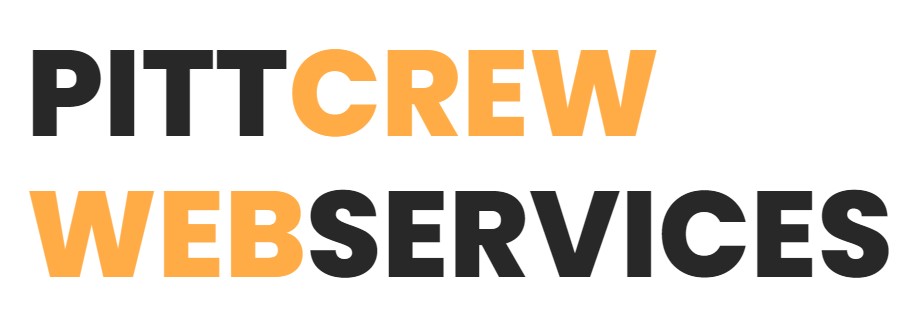Relevance and Quality of Content:
The relevance and quality of the content on a website play a crucial role in determining its search engine rankings. Search engines like Google use complex algorithms to determine the relevance and quality of a website’s content, which are then used to determine the rankings of the website in search engine results pages (SERPs). In order to improve the relevance and quality of a website’s content, it is important to conduct keyword research and to use relevant keywords throughout the website. Additionally, it is important to create high-quality, informative, and engaging content that is well-written and easy to read.
On-Page Optimization:
On-page optimization refers to the process of optimizing the various elements on a website that are directly under the control of the website owner. This includes things like the website’s title tags, meta descriptions, header tags, and the overall structure of the website. Optimizing these elements can help to improve the visibility of the website in search engine results pages, which can lead to higher rankings and more traffic.
User Experience:
The user experience of a website is a critical factor in determining its search engine rankings. Search engines like Google use complex algorithms to determine the quality of a website’s user experience, which are then used to determine the rankings of the website in search engine results pages. In order to improve the user experience of a website, it is important to ensure that the website is well-designed, easy to navigate, and loaded with high-quality content. Additionally, it is important to make sure that the website is optimized for mobile devices and that it loads quickly.
Mobile-Friendliness:
With the increasing use of mobile devices to access the internet, mobile-friendliness has become an important factor in determining a website’s search engine rankings. Search engines like Google use complex algorithms to determine the mobile-friendliness of a website, which are then used to determine the rankings of the website in search engine results pages. In order to make a website mobile-friendly, it is important to ensure that the website is designed to work well on small screens and that it can be easily navigated using a finger or a stylus. Additionally, it is important to make sure that the website is optimized for mobile devices and that it loads quickly.
Technical SEO:
Technical SEO is the process of optimizing the various technical elements of a website in order to improve its visibility in search engine results pages. This includes things like the website’s architecture, code, and server configuration.
Backlinks:
Backlinks are links that point to a website from another website. Google uses backlinks as a way to determine the website’s authority and credibility.
Social Signals:
Social signals, such as likes, shares, and comments, can impact the website’s visibility in search results.
Domain Age, URL and Authority:
Google gives preference to websites that have been around for a longer time and have a well-established URL and authority.
Content Freshness:
Google favors websites that regularly update their content with fresh, relevant, and high-quality information.
Multimedia:
Google values websites that incorporate multimedia elements such as images and videos to enhance user experience.
Internal Linking:
Internal linking helps Google understand the website’s structure and hierarchy, and can also improve user experience.
Schema Markup:
Schema markup is a type of structured data that helps Google understand the content of the website, and can improve visibility in search results.
Page Speed:
Google prioritizes websites that load quickly, and has even made page speed a ranking factor for mobile search results.
Secure Sockets Layer (SSL):
Google gives preference to websites that use SSL encryption to protect users’ data and information.
Global and Local SEO: Google values websites that are optimized for both global and local search, including elements such as location-based keywords and Google My Business listings.
Google My Business:
Google My Business is a free tool that allows businesses to manage their online presence across Google, including search and maps.
User Generated Content
User-generated content, such as reviews and comments, can impact the website’s visibility in search results.
NAP Consistency:
Name, Address, Phone (NAP) consistency across directories and citations can improve local SEO and visibility in search results.
Site Architecture:
Google values website with a clear and logical site architecture, which can improve user experience and search engine crawling.
Google Search Console:
Google Search Console is a free tool that allows website owners to monitor and improve their website’s performance in Google search results.

